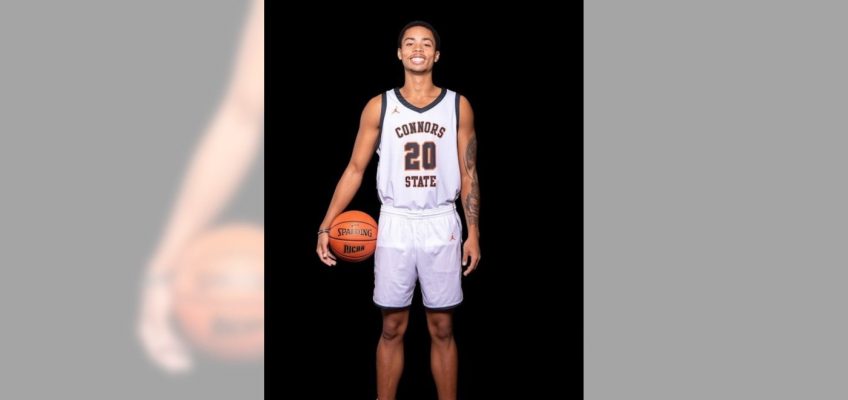A Plymouth man was sentenced to four years in prison Tuesday in connection with a fatal crash while he was driving intoxicated in Anoka.
Zachary Scott Lee Wydella. (Courtesy of the Anoka County Sheriff’s Department)
Zachary Scott Lee Wydella, 38, was found guilty in connection with the March 2025 crash that killed a Ham Lake woman.
The county attorney’s office said the courtroom was filled during Tuesday’s sentencing with family members of Ann Marie Moore, 51, who died in the March 2025 crash. Family members “provided a significant number of victim impact statements and shared photos from throughout her life” at Tuesday’s sentencing.
Wydella was found guilty of two counts of criminal vehicular homicide: one for driving in a negligent manner while under the influence of alcohol and another for driving with an alcohol concentration of 0.08 or more.
The criminal complaint said his blood-alcohol level was 0.246 — three times the legal limit to drive — and that he was speeding at the time of a crash along North Street near Seventh Avenue, a mostly industrial area about 1½ miles northeast of the city’s downtown.
According to the criminal complaint, Anoka police officers dispatched to the scene saw Moore’s Toyota Yaris sedan with front-end damage facing west in the eastbound lane and halfway up the curb. She was trapped in the car and unconscious and not breathing. Medics arrived and pronounced her dead at the scene.
Wydella’s Toyota Sienna minivan was facing east in the westbound lane. He was injured, and had regained consciousness. When speaking with officers, his breath smelled of alcohol and his speech was slurred. His eyes were bloodshot and watery.
An open box of wine was found under the passenger seat of his minivan. A cup was found and wine was splattered on the driver’s side door.
Moore’s online obituary says she was a mother, daughter and sister who will be remembered for her “huge heart, compassionate ways, and her laugh. She enjoyed baking, crafting, vacationing with her friends. Above all, she enjoyed time spent with her daughter, nieces, nephews and family.”
Related Articles
New prosecutor won’t pursue charges against Trump and others in Georgia election interference case
Minneapolis man gets 38 years for fatal shooting while on the run
Former Minneapolis teacher and coach sentenced to life in prison for sexually assaulting children
Dismissal of Comey, James cases won’t be the final word. Here’s what the path ahead may look like
New limits for a rent algorithm that prosecutors say let landlords drive up prices


